In 2005, 14-year-old Macedonia became the second EU candidate member from former Yugoslavia after Croatia. Having largely avoided the horrors of the Yugoslav Wars, led by the strongly pro-European SDSM party, and with a preamble on European integration in its very Constitution, Macedonia looked well-placed for swift EU accession. Yet, in 2016, the Macedonian case is unanimously viewed as one of the saddest European integration stories in the post-Communist bloc.
Much has changed in Macedonia between 2005 and 2016, but the name issue with Greece has remained the single biggest obstacle to the country’s European integration.
Much has changed in Macedonia between 2005 and 2016, but the name issue with Greece has remained the single biggest obstacle to the country’s European integration.As soon as Macedonia seceded from Yugoslavia, Greece abruptly contested its right to the name under which it had smoothly existed within the Yugoslav Federation for the previous half a century. Athens argued and still argues that the name “Macedonia” invokes a territorial claim on the namesake northern Greek region, which Greece appropriated after the end of the Second Balkan War in 1913. The emergence of an independent Macedonian state in 1991 gave Greece the leverage it so desperately lacked over Tito’s non-aligned Yugoslavia: Western integration. A long-term member of the EU and NATO, Greece vetoed Macedonia’s accession to the military alliance in 2008, and has consistently prevented the European Union from acting upon its annual recommendations for accession negotiations with Macedonia.
The single biggest setback to the name negotiations was the change of government in Macedonia in 2006. One of the biggest reasons for the landslide victory of the right-wing DPMNE was exactly their pledge to never accept a name that would not be approved by the majority of the population. Ever since Macedonia’s independence, opinion polls have consistently shown that more than 70% of Macedonians are reluctant to accept any compromise on the name to join the EU. Given that neither of the two main parties has ever won over half of the votes, the reluctance to “give up” the name evidently transcends party affiliation. In a classic display of Balkan stubbornness, Macedonians have been sentencing their country to permanent geopolitical isolation. (Ironically, the only other issue that has drawn constant public support in post-1991 Macedonia is EU membership, with the exact same number of 70% or more “in favour”.) Thus, it has become common wisdom in Macedonia that changing the name would equal political suicide for any government and under any circumstances.
Thus, it has become common wisdom in Macedonia that changing the name would equal political suicide for any government and under any circumstances
Before the ongoing political crisis, however, DPMNE had constantly enjoyed a double-digit advantage over any other party for nine years. Any government which puts the interests of the country over those of the party would have used this massive popular support (the kind SDSM never enjoyed while in power) to try and convince the people that compromising with Greece is the only way for Macedonia to perpetuate its existence. Of course, the predictably nationalistic population of a fragile 25-year-old country can hardly be expected to appreciate the constructed nature of identity and forego it for the impalpable promise of a better tomorrow. By waiting for the people to “evolve”, however, DPMNE missed a historic chance to capitalize on three highly favorable circumstances for solving the name dispute. This unique mix of circumstances is unlikely to reoccur anytime soon, if ever.
First, DPMNE’s popularity has been impressive not only by Macedonian but also by regional standards. While most ex-Communist countries saw their Communist parties redefine themselves under the new system in no time, Macedonia saw the SKM (later SDSM) lose the first multiparty elections in 1990 to the just-formed and strongly anti-Yugoslav DPMNE. By 2006, as the left had been further discredited by the thorny transition of the 1990s and early 2000s, and as DPMNE had largely gotten rid of its more nationalistic cadres, the country seemed set for a long and smooth DPMNE era. In the 2008 snap elections, Prime Minister Gruevski’s early economic success granted him an all-time high 49% of the vote.
While it would be foolish to argue that Gruevski would have gotten away easily with changing the name in 2008, he may well have survived it.
While it would be foolish to argue that Gruevski would have gotten away easily with changing the name in 2008, he may well have survived it.The good old Cold War argument that Republican presidents always got on better with the Soviets than their Democratic counterparts due to their ‘patriotic credentials’ is very applicable to right-leaning Macedonia. Last year’s major wiretapping scandal only cost DPMNE 3% of its popularity, as its ratings went from 26% in December 2014 to 23% in April 2016, while the disgraced Gruevski remains 2.5 times more popular than opposition leader Zoran Zaev, who has been successfully ostracized by DPMNE as a foreign puppet. If Zaev ever comes to power, it is difficult to imagine him surviving mere negotiations with Greece, let alone a name change. Thus, we come to the second unique circumstance in DPMNE’s rule: highly successful propaganda. If pro-government media could convince the people not to believe their own ears and disregard the disgustingly incriminating wiretapped conversations, then surely it could have modified public opinion on the name too, especially at DPMNE’s peak in 2008.
The third favourable circumstance to solving the name dispute that Gruevski failed to convert had little to do with DPMNE. Croatia’s accession to the EU three years after Gruevski’s first electoral win reminded Macedonians how “unsolvable” conflicts can be settled in no time by brave leaders. The parallel between the name issue and Croatia’s border problem with Slovenia is highly tempting, as Slovenia had the same leverage over Croatia and the same determination to block its neighbour every step of the way unless a compromise was reached. Meanwhile, and closer to home, Bulgaria’s accession showed Macedonia how quickly the benefits of an EU membership can be reaped, as the country has been enjoying the fifth-highest economic growth in the EU.
Moreover, Serbia’s de facto recognition of Kosovo in 2011 enabled the country to overtake Macedonia in starting EU accession negotiations even though it became a candidate member six years later. Polls show that there are just as many Serbs who are reluctant to give up Kosovo for EU membership as there are Macedonians who refuse to put integration above the name, without realizing that that ship effectively sailed five years ago. One might argue that this actually validates Gruevski’s fears, as the Democratic Party who signed the de facto recognition in 2011 barely crossed the 5% threshold in the latest elections. The two cases are, however, hardly comparable, as the 2011 Serbian government was immeasurably weaker than DPMNE’s in 2008-09, perhaps even than DPMNE’s today. In any case, these three regional success stories have added further momentum for changing the name under Gruevski.
Finally, here is a less obvious parallel. In 1982, Egypt’s President Anwar Sadat paid with his life for making peace with Israel in 1979 – the single most unpopular decision in the history of Egyptian politics. The resulting annual US aid, however, has remained central to the country’s survival to this very day, and has gradually turned Sadat into the biggest Egyptian hero of all times. Will any Macedonian politician ever possess Anwar Sadat’s foresight? Gruevski’s lack of it wasted a historic chance for Macedonia. A chance this small Balkan country might not get for a very long time.

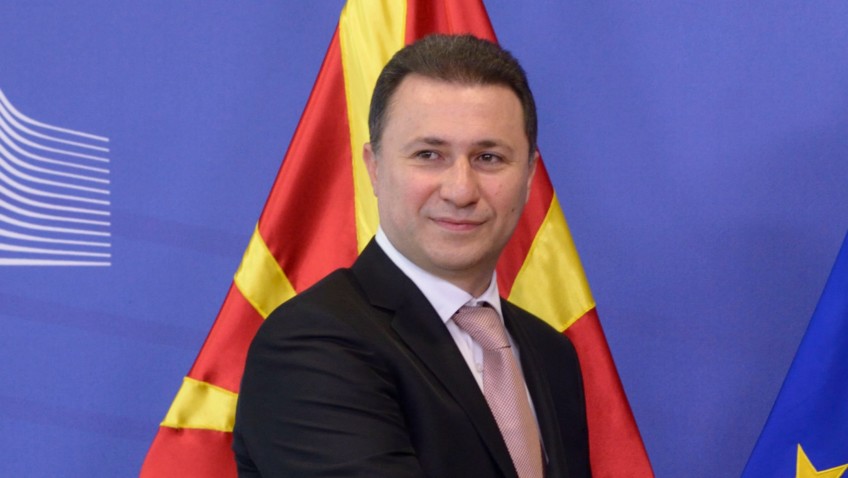
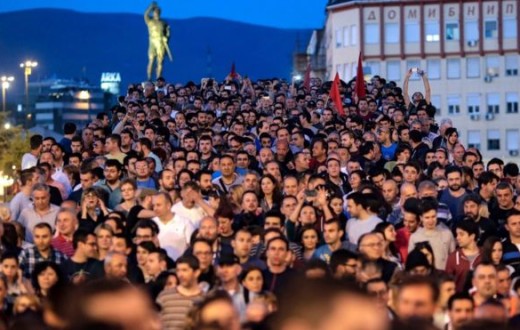
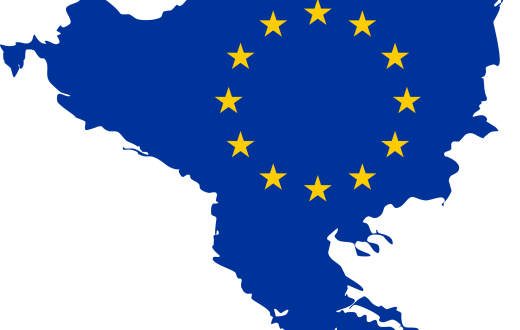

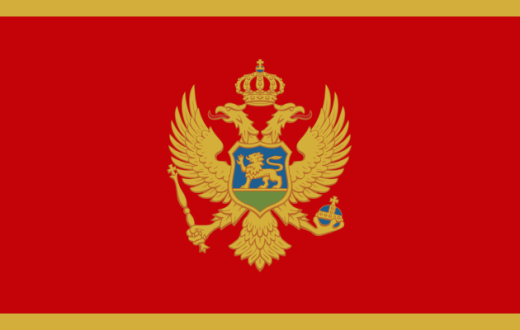
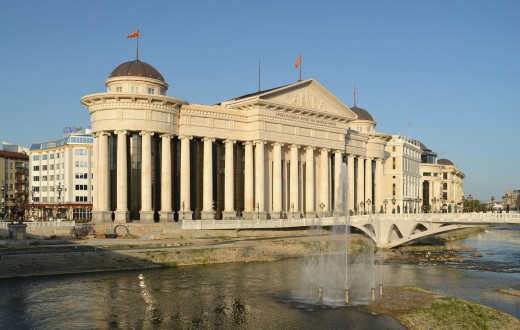
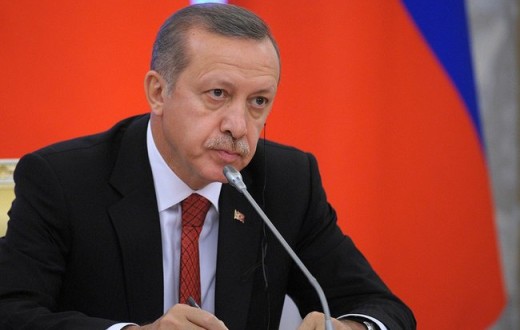
You assume that Macedonia wants to “solve” the “name issue”
With all these chances you talk about, one would assume that Macedonia and Macedonians are perfectly happy with their name.
Afterall, what would you change your name to, if your neighbour decided he didnt like it???
Rob P
Spot on, if one day the neighbour decides he doesn’t like the boundary? or the colour of your roof, or what your wife is wearing? or the names of your children?
are all of these to be dictated by your neighbours whims?
Foreign diplomats have warned that the policy has reduced international sympathy for the Republic of Macedonia in the naming dispute with Greece.
Pingback: Three differences between the proposed Serbia-Kosovo land swap and North Macedonia’s name deal - New Eastern Europe - A bimonthly news magazine dedicated to Central and Eastern European affairs